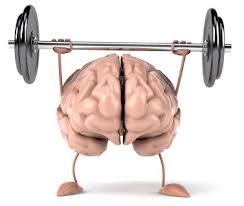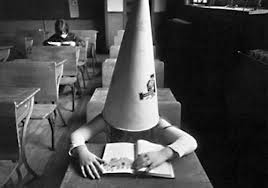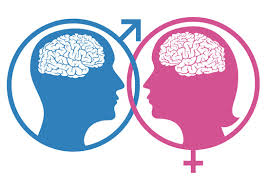5 Things You Didn’t Know About Sleep and Study
Posted on February 25th, 2014by
In Education, Language acquisition, Research | Leave a Comment »
Did you go to bed with headphones on the night before an important test or exam when you were at school, listening to the revision notes over and over again? Or did you listen to a recording of your speech as you drifted off to sleep the night before an important presentation at work? It may have seemed a desperate attempt to get the knowledge to stay in your head at the time, but the notion of sleep aiding learning is actually true.
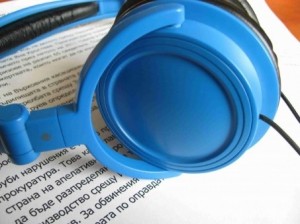 Studies showed that participants who had had a short sleep during the day were able to recall information more easily, and to a greater extent if the nap was taken nearer to the time of learning. A good night’s sleep before a day of testing also gives improved results showing that we subconsciously learn while we’re asleep and can transform this into usable knowledge during the day. But how is this possible?
Studies showed that participants who had had a short sleep during the day were able to recall information more easily, and to a greater extent if the nap was taken nearer to the time of learning. A good night’s sleep before a day of testing also gives improved results showing that we subconsciously learn while we’re asleep and can transform this into usable knowledge during the day. But how is this possible?
Everything we’ve learned during the day is reinforced as we sleep due to the fact that the brain stays active. Even a quick snooze after learning something can result in a higher recollection of what we’ve just learned. Therefore, it’s not necessarily the amount of sleep we have, but the fact that we are able to have some sleep which gives our brain a chance to process the information.
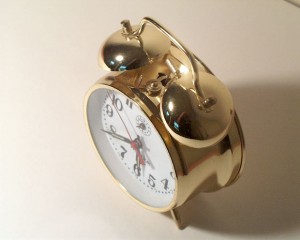 So sleep equals enhanced learning. But how does that help you with your language lessons? Don’t worry, you haven’t got to download all of your lessons and listen to them while you’re trying to drift off to sleep, and you don’t need to recite the verbs and tenses repeatedly until you fall asleep. It is a good idea, however, to do some revision not long before you go to sleep, as you’re more likely to remember it in more detail when you wake up. And if you feel like you’re having a brain overload after one of your lessons, try a power nap to help lock the information in your mind.
So sleep equals enhanced learning. But how does that help you with your language lessons? Don’t worry, you haven’t got to download all of your lessons and listen to them while you’re trying to drift off to sleep, and you don’t need to recite the verbs and tenses repeatedly until you fall asleep. It is a good idea, however, to do some revision not long before you go to sleep, as you’re more likely to remember it in more detail when you wake up. And if you feel like you’re having a brain overload after one of your lessons, try a power nap to help lock the information in your mind.
Do you find that things seem clearer after you’ve had some sleep? Why not see for yourself if the theory works by testing yourself to see how much you can recall from your language lessons both before and after periods of sleep.

